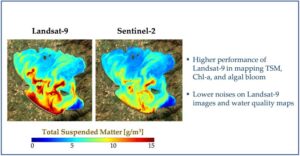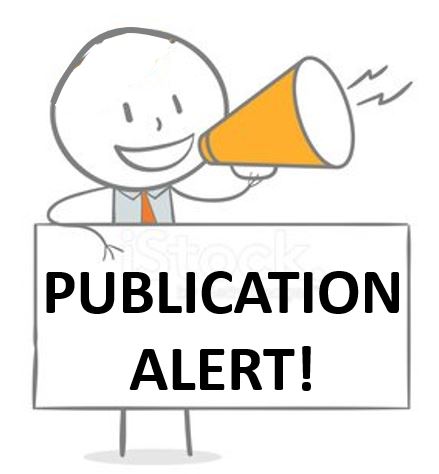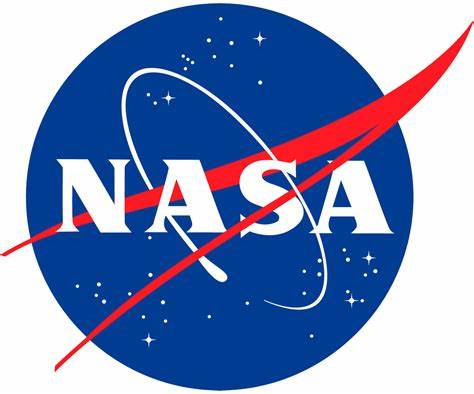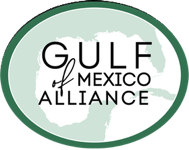Are you a researcher developing satellite tools for assessment of water quality and/or submerged aquatic vegetation monitoring to inform decision-making? Consider submitting an abstract to the session Advances in Satellite Imagery as a Synergistic Tool for Scientific Research and Policy-making in Coastal Habitats in the Gulf of Mexico Alliance’s GOMCON 2024 in Tampa? It can be found under the Advances and Priorities for Data Management theme at this link: https://lnkd.in/e9aVPvsv
We welcome posters and talk abstract submissions from all educational and career levels. Selected scientific presentations will focus on the implementation of remote sensing imagery for informing operational decision making. Abstracts and registration are now being accepted – so please join us in Tampa next February 19-24, 2024!
Key Dates:
October 13, 2023 – Abstract Submission Deadline
Jan 12, 2024 – Early Bird Registration Ends
Feb 16, 2024 – Regular Registration Ends (onsite registration is still possible)
Session Chair: Megan Coffer, GST, NOAA and GEO AquaWatch
Co-chairs: Session co-chairs: Mark Finkbeiner (NOAA/GISP), Stacie Flood (South Florida Water Management District), Lawrence Handley (USGS), Catherine Lockwood (CNLWorld), Merrie Beth Neely (GST, NOAA and GEO AquaWatch)






